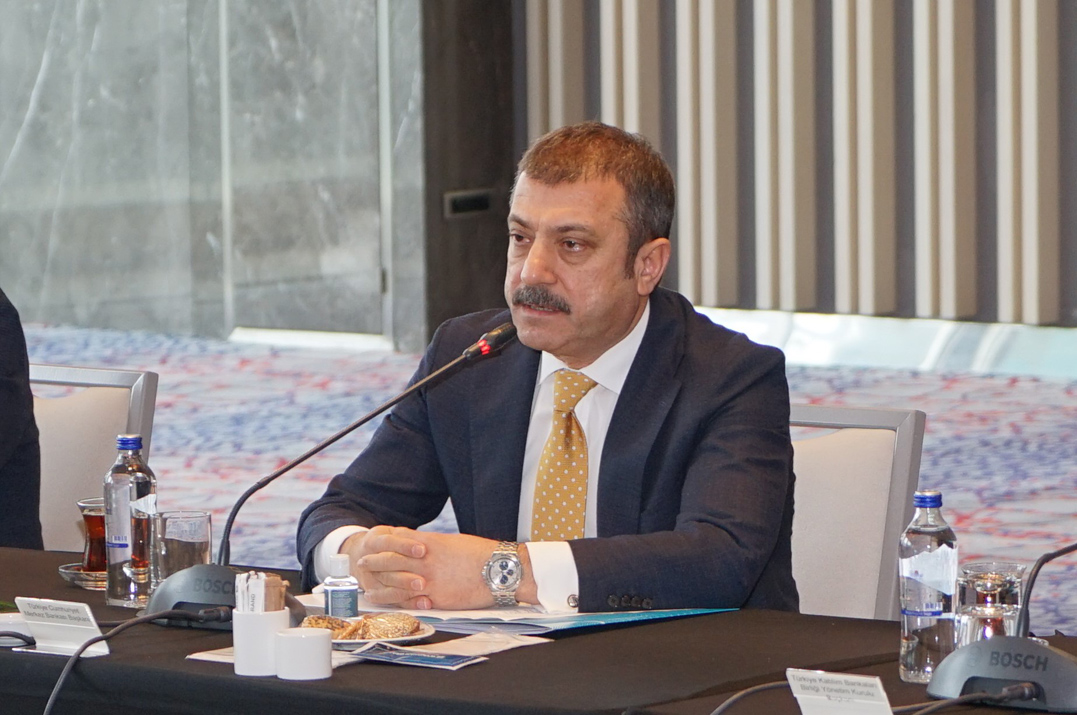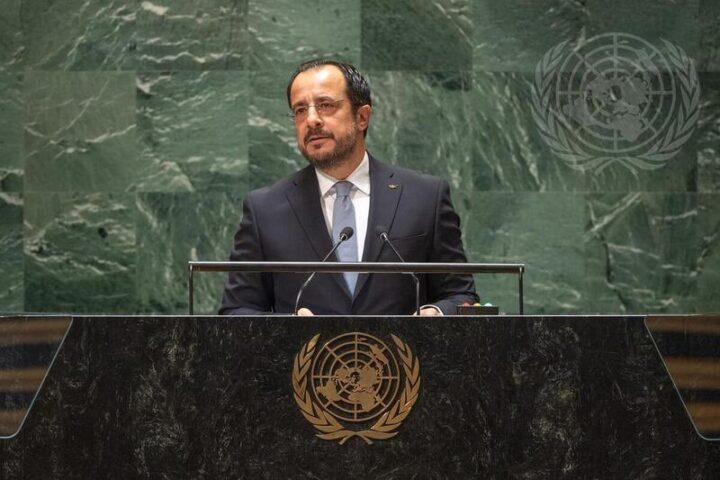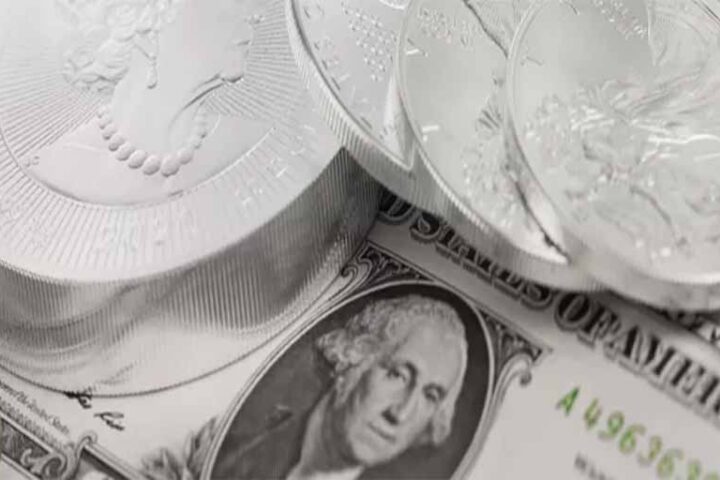The Turkish lira continued to tumble this week, following the shock replacement of the central bank governor, the fourth in less than two years, losing close to 10% of its value compared to the Euro and 15% to the dollar overnight.
The Lira was trading at 9.356 to the Euro on Friday, dropping 8.6 from the previous week.
The collapse came just as the lira was poised to become this year’s emerging market success story having recovered almost a fifth from a low against the US dollar. Foreign investors were pouring back in, lured by high interest rates, the lira was outperforming most of its peers and Turkey’s economy had been looking forward to a year of strong growth.
However, the Lira fell to the lowest in over four months on Monday, following surprise action over the weekend as President Recep Tayyip Erdogan sacked his central bank governor, following a recent significant rate hike.
Shockwaves of Naci Agbal’s sacking were felt across markets, reaching Japan. The reverberations were felt in Asian markets, particularly in Japan where the Nikkei 225 fell 2%.
While there should not be a strong link between the Turkish Lira and Japanese equity markets, it is believed that retail traders in Japan hold significant leveraged long positions in the Lira as a carry trade. Hence, they have to cover these positions by selling equities in local markets.
Agbal had taken over from Murat Uysal last November, following Erdogan’s sudden move to replace him and the resignation of his son in law, finance minister Berat Albayrak. The move followed criticism and pressure from foreign investors who were on the verge of cashing in their assets in the country.
The central bank with Naci Agbal at the helm sounded convincing about taming inflation. Agbal’s appointment to the central bank was perceived as President Erdogan’s change of heart, moving towards a new market-friendly era for the economy, also making pledges for more reforms of Turkey’s political system.
Just last week, the Turkish currency rose strongly after Agbal hiked interest rates by 2 percentage points, double what economists expected.
Due partly to Agbal’s influence, the Turkish lira has recovered 15% of its value since the president carried out a November reshuffle, including the resignation of son-in-law Albayrak. But this success has apparently not been enough to placate Erdogan, who said in January that he was “absolutely against” high interest rates.
Agbal’s replacement was announced without explanation in a decree published in the Official Gazette early on Saturday, which came shortly after the bank sharply raised its main interest rate.
Friendly face
Agbal, a former finance minister himself, was replaced by Sahap Kavcioglu, a banking professor and columnist in a pro-government newspaper, and a personal friend of Erdogan’s.
He will become the fourth bank head appointed since July 2019.
Like Erdogan, Kavcioglu has also argued that high interest rates lead to high inflation, though this is a view not shared by most economists.
Many have blamed Erdogan’s unorthodox belief for bringing about Turkey’s current economic plight, with the president pressuring the central bank to keep rates low to fuel borrowing and growth.
Critics say such pressure has badly damaged the central bank’s independence. Bank managers before Agbal used up much of Turkey’s reserves in a bid to shore up the currency, while interest rates remained well below inflation rates.
Agbal’s rate hike on Thursday took the interest rate to 19%, with the bank saying that tight monetary policy was necessary to bring down Turkey’s inflation, which has reached 15.61%.
Erdogan himself wants to bring the annual inflation rate down to below 10% by the end of 2022 and to 5% by the next time he is scheduled to face elections, in 2023.
Investors are now concerned that Erdogan’s decision to install Kavcioglu in the role could erode the gains made during Agbal’s short tenure.
However, in a statement last Sunday, the central bank said, it “will continue to use the monetary policy tools effectively in line with its main objective of achieving a permanent fall in inflation”.
BBC’s online news outlet quoted Jeffrey Halley, a senior market analyst at currency exchange firm Oanda in saying that President Erdogan has his own brand of economics, known as ‘Erdonomics’.
“The base premise of Erdonomics is that higher interest rates cause higher inflation, a theory that flies in the face of conventional economic theory everywhere,” Halley told the BBC.
Higher interest rates lead to higher costs of borrowing which deters consumers from over-spending, while encouraging people to save. However, the downside is often slower economic growth.
“Agbal was widely respected for his attempts to stabilise inflation.”
Fears of social setback
Turkey’s turn to more market friendly policies in November 2020, was accompanied by officials talking about the need to reform the courts and keep inflation in check.
Within this context, justice minister Abdulhamit Gul, who has presided over a sweeping crackdown against government opponents since 2017, has discovered a passion for the rule of law.
Gul had been asking judges to comply with constitutional court rulings and help improve the climate for much needed foreign investors, especially at a time when the economy contracted by nearly 10% in the second quarter.
In the following months after the policy change and replacement of the head of the central bank with Agbal and the economy minister, foreigners snapped up $19 bln in Turkish assets, based on bankers’ calculations.
At the time, the change in Erdogan’s tone had been remarkable.
The president, a sworn enemy of high interest rates, then was saying that Turkey may have to swallow “a bitter pill”, meaning a dose of austerity. On November 19, the central bank duly imposed a spectacular rate rise of 475 basis points.
Yet, there was a limit to how far Erdogan is willing to go to save the lira, as he had to balance between discontent within his own party ranks over the way he handled the economy, keep his allies at the extremist national movement party (MHP) happy, while having to gain the trust of the West with democratic reforms.
For all the recent talk of reforms, however, Erdogan had never intended on loosening his grip on national institutions, such as the central bank.









